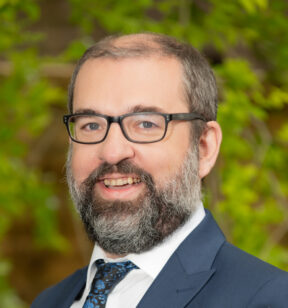What is Child Inclusive Mediation and How Can It Help Separating Families?
Research over the last 30 years has shown that children and young people want more information about what is going on when their parents separate. Specifically, they want the opportunity to be heard about decisions that affect them. Mediation can be an appropriate process to encourage this and nowadays all mediators are required to explain to parents that children and young people aged 10 and above, have the right to have their voices heard during the mediation process, if they wish.
One way in which this can be facilitated is to involve a Child Inclusive Mediator in the mediation process. The mediator will meet separately with the child to find out what they are feeling about the separation of their parents and to see if there are any ways in which they can be helped and supported. In this respect, it can be beneficial for the family as a whole, in working together to put in place arrangements that work for everyone.
The key points to consider or be aware of when considering Child Inclusive Mediation include:
- Both parents and any other person with parental responsibility for the child must agree for them to meet with a Child Inclusive Mediator.
- The child must be willing to attend voluntarily.
- The meeting is confidential (save where safeguarding issues arise) and the child is given the choice as to what is fed back to their parents, if anything.
- The process is not about choosing where or with whom they live but helping children think about how life will be different in places with each parent and what might help them adjust to that.
- While this can apply to all children aged 10 or over, this isn’t necessarily an absolute bar and younger ages can be involved, particularly if the mediator is to meet with older siblings.
In some circumstances, the child’s mediator will be the same mediator that the parents are meeting with. However, because the meeting with the child is confidential and anything shared only with their permission, it is often preferable to involve a second mediator, qualified to meet with children, who can then feedback as appropriate. Our mediators at Tisshaws regularly work with parents and have good connections with Child Inclusive Mediators in the local area, to involve them where appropriate.
Meeting with a Child Inclusive Mediator is not the only way in which a child’s voice can be heard during the mediation process. Other approaches include:
- The parents’ mediator can advise them on ways to help the children share their views, such as talking through what kind of things could be said to them or how to address any potential responses.
- Considering with the parents whether there is anyone else in the family who could act neutrally and sensitively with the children to talk about their views.
- Where appropriate, involving other professionals who work with children, such as pastoral care workers at their school, a CAMHS professional, a counsellor or family therapist.
If you would like to know more, we can arrange for an initial consultation with one of our mediators at Tisshaws, where we can discuss mediation and whether this would be the right process for you in more detail. If you would like to book an initial one-hour consultation at a fixed fee of £50.00 (incl. VAT), please contact 01444 472700 or email [email protected].

Book a consultation to discuss your options –
Only £100 (Incl. VAT)
We know how difficult divorce and separation can be, so we offer an initial one hour fixed fee consultation with a fully qualified lawyer, to help you make an informed decision about how to proceed.
To book, please call 01444 472700 or complete the quick contact form.
